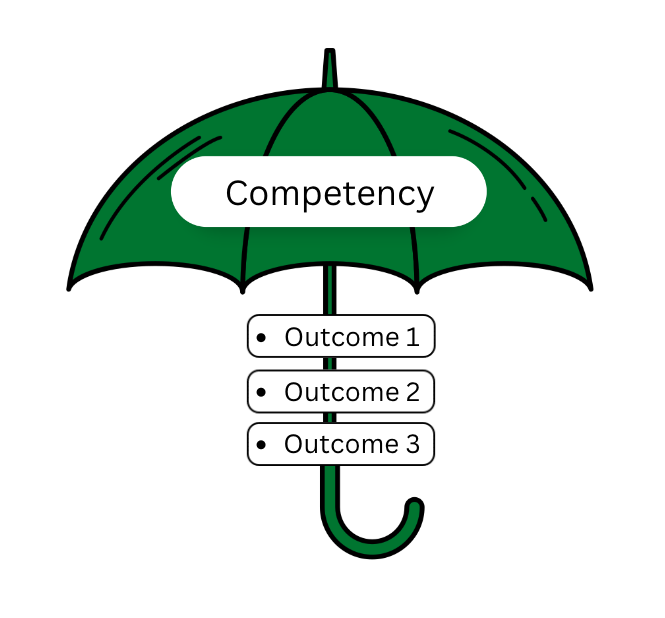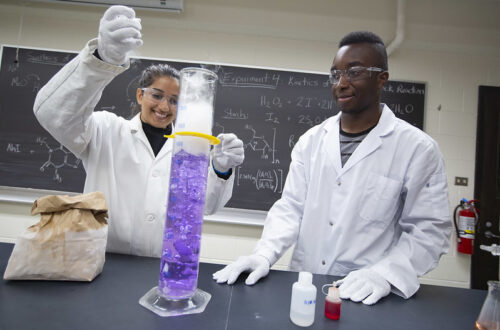Schooling the World

What is the purpose of modern education? What do colleges, universities, and schools prepare the children of the world to learn how to do?
In his blog, 2 cents worth: Teaching & learning in the new information landscape, David Warlick, a self-proclaimed “35-year vagabond educator,” both asks and responds to the following question in his post entitled, “What is the purpose of education.” He suggests that:
“The purpose of education is to appropriately prepare our children for their future.”
There are some implied, but essential questions in that answer:
- What will their future hold? What will they need to know?
- What are appropriate method, materials, environment, activity?
- Who are these children? What is their frame of reference?
Today, I have a new answer. My old one is still good. I’ll continue to use it. But if you ask me, “What is the purpose of education?” today, I’ll say,
The purpose of education is to make the world a better place!“
While I agree with these assertions, I recently watched an amazing documentary that has changed how I answer this very fundamental question about the role of education. “Schooling the World: The White Man’s Last Burden” is a 2010 documentary that examines the attitude that “school is the only way to a “better” life for indigenous children.” The documentary examines the impact of imposing western/European education on the children of traditional Buddhist culture of Ladakh in the northern Indian Himalayas.
If I believe the purpose of education is to “make the world a better place,” how will I know when my own values, culture, and perspectives influence what I see and ultimately what I teach others? Truthfully, I think the answer is that my beliefs, values, culture, and perspectives will always influence, to some extent, what I teach, my view about what education means, and what it is for. I think part of my job as a university educator is to awaken curiosity about these questions and to create opportunities for students to learn from each other about what education is, what it means, and why we value what we value about education from different cultural perspectives, values, and understandings. To me, education is less about making the world a better place, and more about learning to respect multiple worldviews while helping students to discover the tools to critically question and understand for themselves how they and their peers might see the world differently.
I invite you to use this documentary as a tool to spark conversation and dialogue about the role of education within- and beyond- your classroom. More information, as well as discussion questions and teaching-related materials, is available on the Schooling the World website. The University of Saskatchewan owns public performance rights to the documentary; please contact us at The Gwenna Moss Centre if you are interested in obtaining a copy of this film for classroom viewing.


